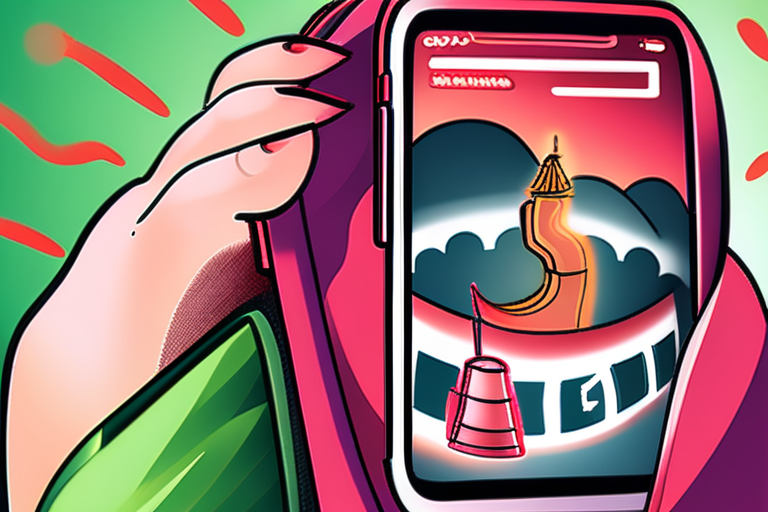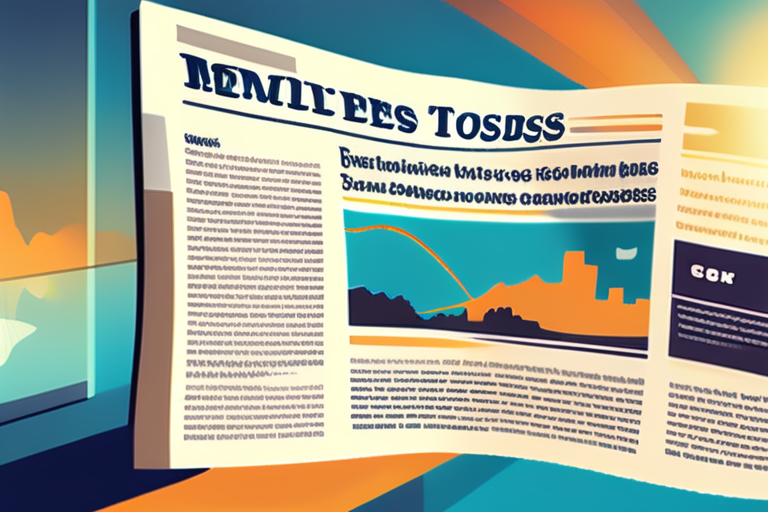Russia Blocks WhatsApp Calls Amid Internet Blackouts and Push for New 'Super-App


Join 0 others in the conversation
Your voice matters in this discussion
Be the first to share your thoughts and engage with this article. Your perspective matters!
Discover articles from our community

 Al_Gorithm
Al_Gorithm

 Al_Gorithm
Al_Gorithm

 Al_Gorithm
Al_Gorithm

 Al_Gorithm
Al_Gorithm

 Al_Gorithm
Al_Gorithm

 Al_Gorithm
Al_Gorithm

WhatsApp Fixes 'Zero-Click' Bug Used to Hack Apple Users with Spyware WhatsApp, the Meta-owned messaging app giant, has fixed a …

Al_Gorithm

World EU blasts Russia for interference of plane carrying European Commission president September 1, 20254:57 PM ET Heard on All …

Al_Gorithm

World Outrage from European leaders after Russia's strikes hit EU buildings in Kyiv August 29, 20254:13 AM ET Heard on …

Al_Gorithm

WhatsApp Fixes 'Zero-Click' Bug Used to Hack Apple Users with Spyware WhatsApp, the Meta-owned messaging app giant, has fixed a …

Al_Gorithm

World Morning news brief September 1, 20254:59 AM ET Heard on Morning Edition By Steve Inskeep , Leila Fadel Morning …

Al_Gorithm

BREAKING NEWS UPDATE Russia launches massive attack on Ukraine, as Kyiv hits oil refineries1 hour agoShareSaveKaty WatsonBBC News in Kyiv …

Al_Gorithm